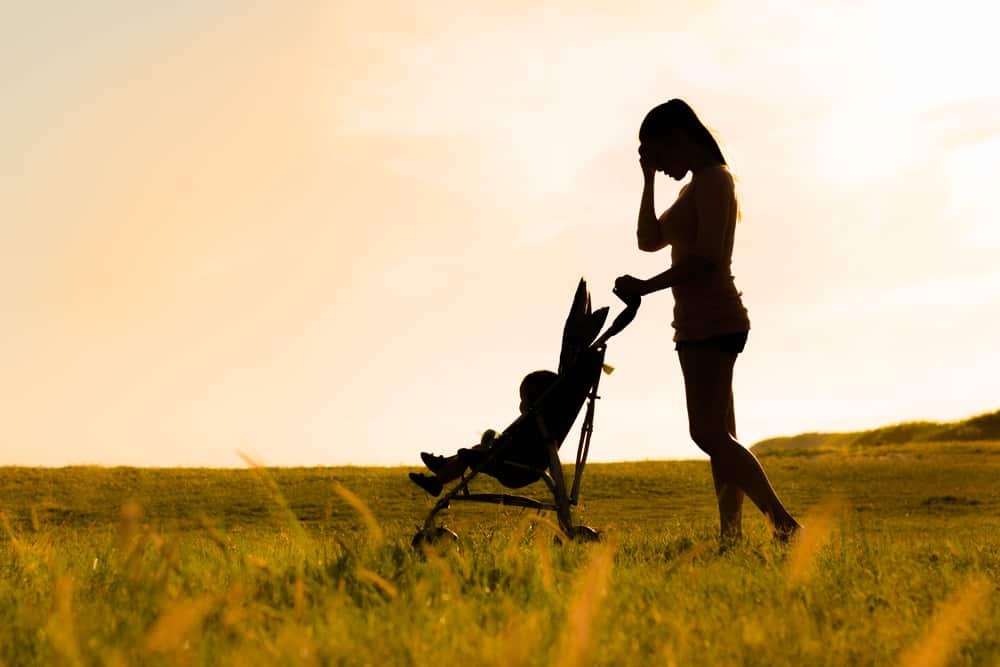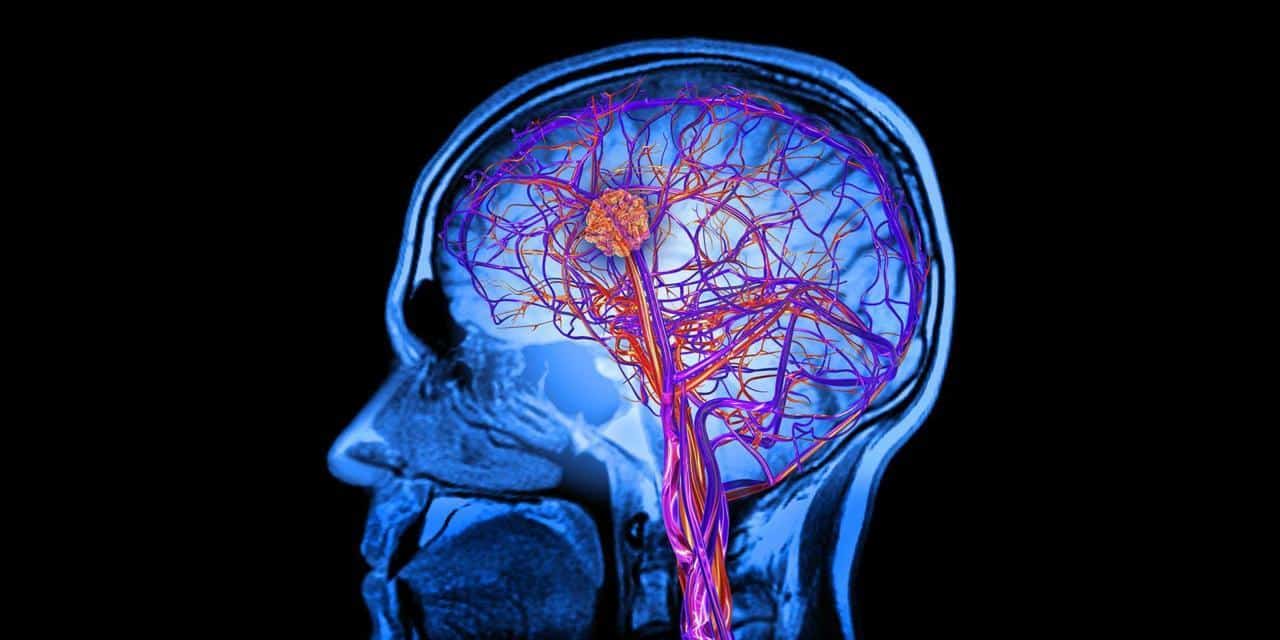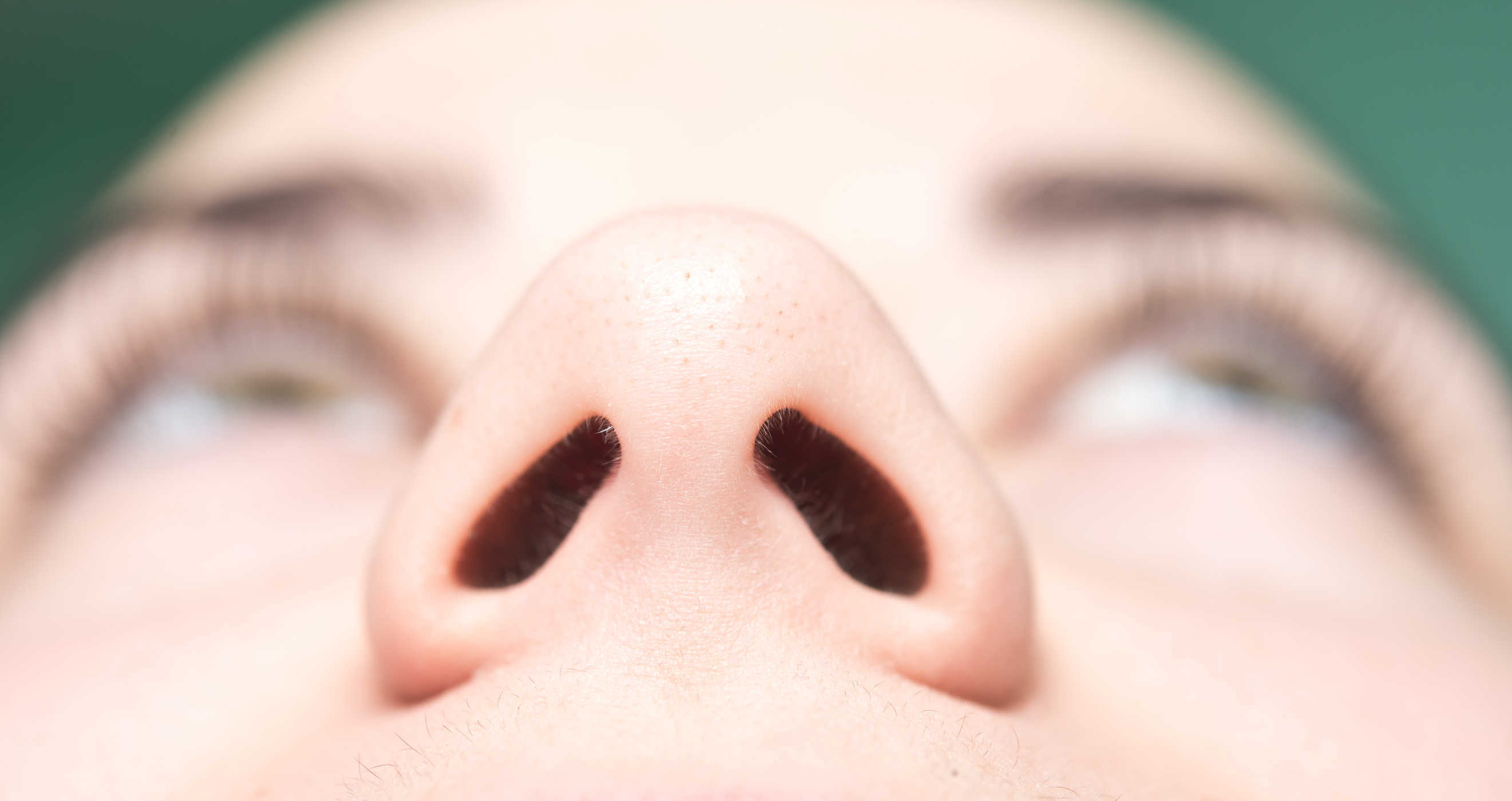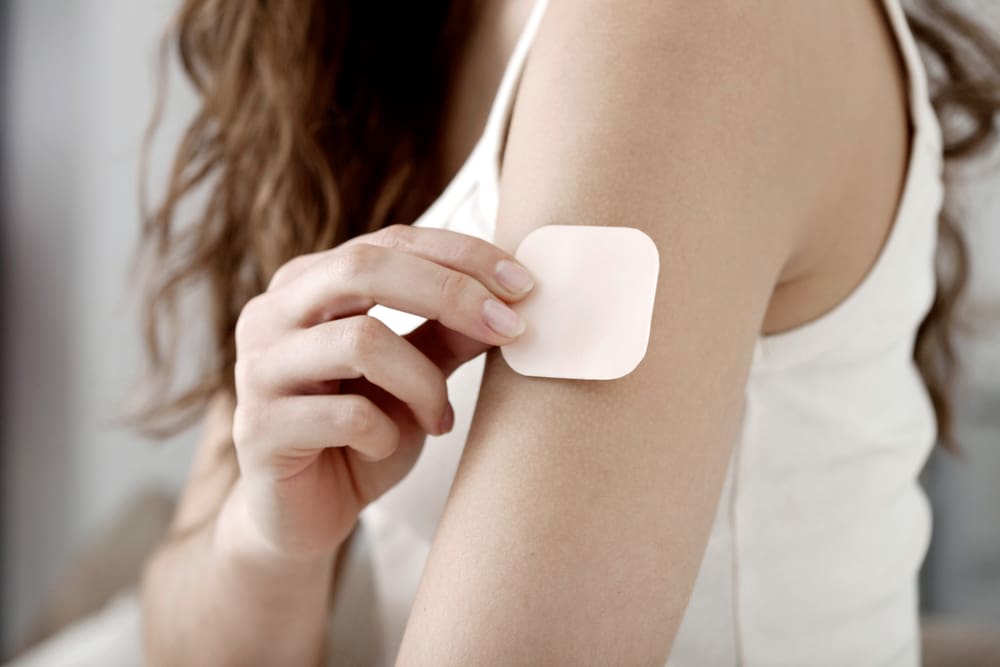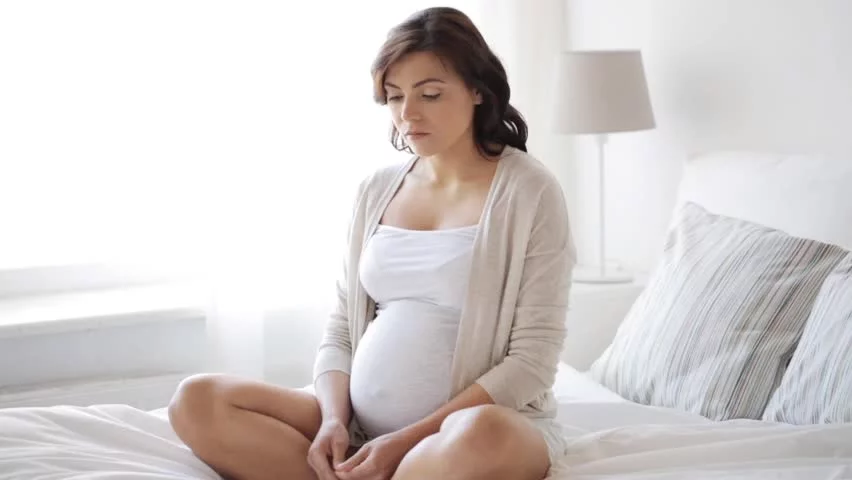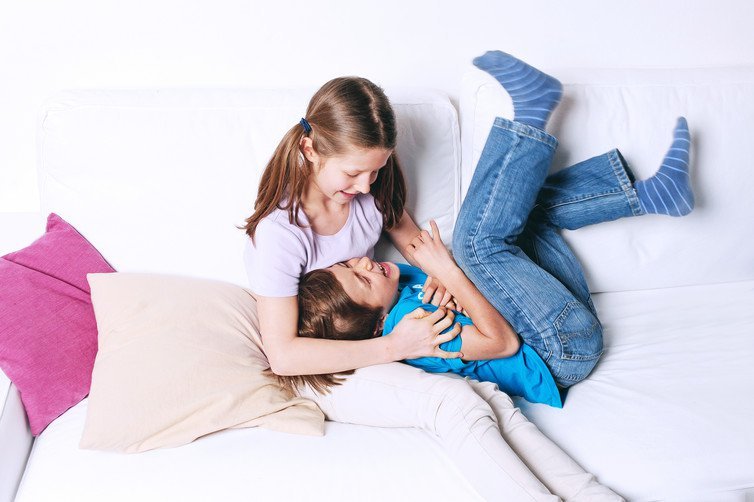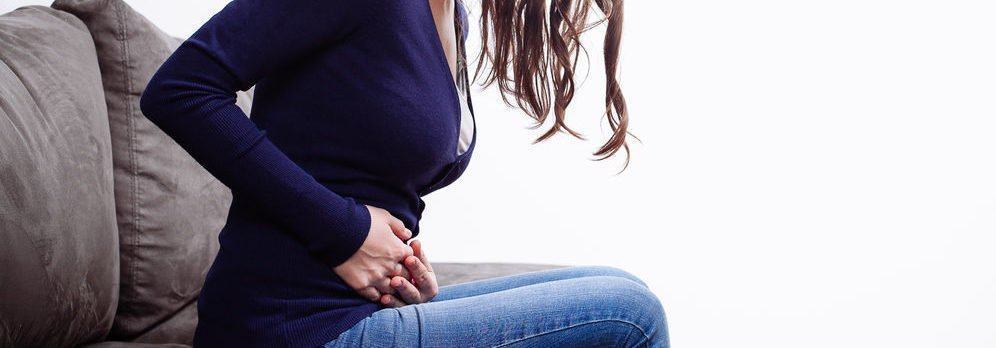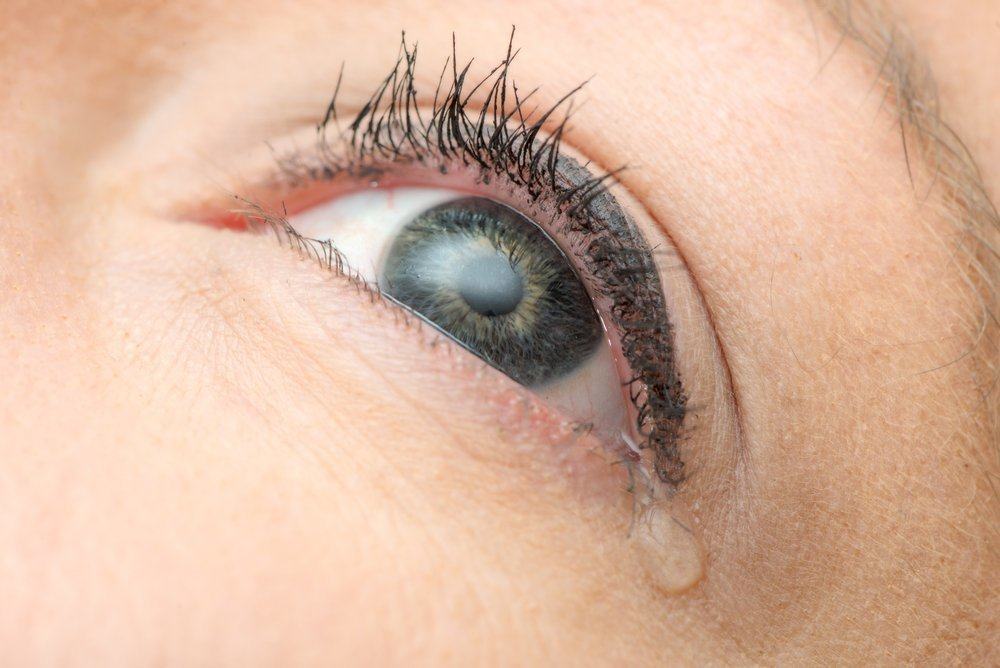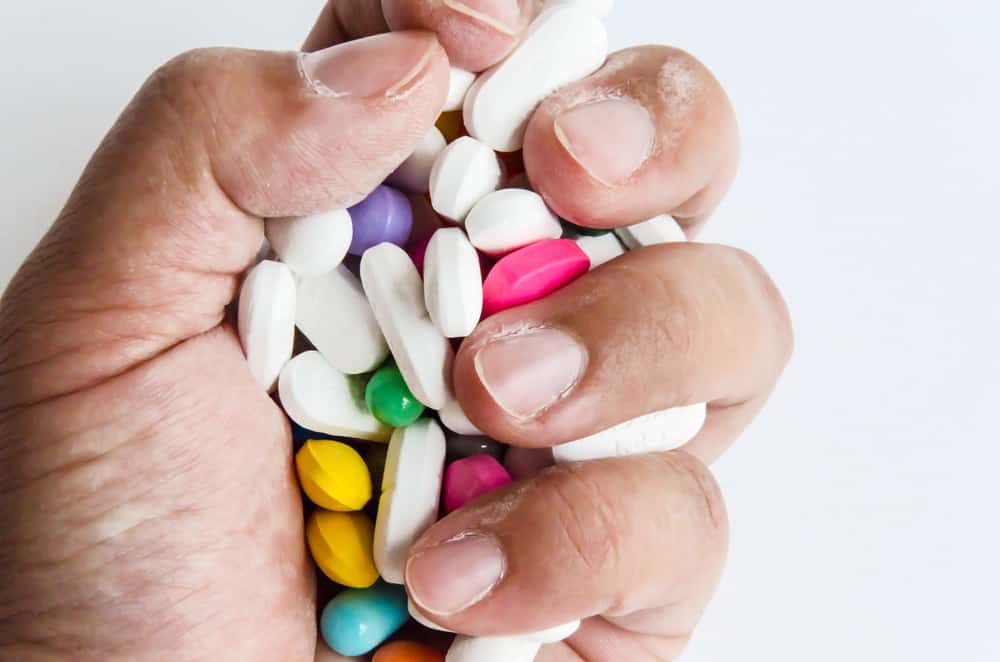Contents:
- Medical Video: The Postpartum Brain: Baby Blues vs. Depression
- What causes postpartum depression?
- Postpartum depression relapses in the next pregnancy, is that right?
- How to reduce the risk of postpartum depression relapse?
Medical Video: The Postpartum Brain: Baby Blues vs. Depression
Postpartum depression aka postpartum depression is a common condition, but unfortunately it is often not realized. One in seven women can experience depression after giving birth. This risk will also increase in mothers who have experienced anxiety and depression during pregnancy. So, can postpartum depression relapse in the next pregnancy?
What causes postpartum depression?
Experts don't fully understand why some women can experience depression after giving birth, while others don't.
What triggers depression is usually influenced by several different things, and not just because of one cause. But in general, feelings of sadness, anxiety, moodiness, irritability are triggered by hormonal changes after childbirth.
Postpartum depression risk factors include severe depression before pregnancy, young pregnancy, psychosocial stress, inadequate social support, alcohol or drugs consumption, and a family history of depression.
Symptoms of postpartum depression include bad mood, frequent crying, feeling hopeless / down (downturned), lackluster / unable to enjoy enjoyable activities, insomnia, fatigue, feelings of worthlessness, eating disorders, suicidal tendencies, feelings of inadequacy as parents, and concentration disorders.
Postpartum depression symptoms usually appear within the first five weeks after delivery, and last up to 6 months after delivery. However, depression can also occur at any time in the first year.
Postpartum depression relapses in the next pregnancy, is that right?
Yes. It is not impossible for postpartum depression to recur in the next pregnancy.
Women who have experienced postpartum depression before are more at risk of returning to depression in the next pregnancy.
Sheila Marcus, a professor in psychiatry at the University of Michigan, said, basically if you have experienced an episode of unipolar postpartum depression, then you have a 30 percent greater risk of experiencing it again.
If you experience bipolar postpartum depression, the risk is about 50 percent greater. If you have experienced postpartum psychosis (a psychiatric disorder that is more severe than post partum depression), the risk is 70 percent greater for relapse in the next pregnancy.
This increased risk may affect the decisions of many women with a history of depression to have more children. Fortunately, if you are really ready to have another baby, there are many things you can do to reduce your risk of recurring postpartum depression.
How to reduce the risk of postpartum depression relapse?
If you have experienced post partum depression, try the following tips to reduce the risk of recurrence:
- Comply with your treatment. If you are on treatment therapy, take the medication according to the prescribed medication.
- Pregnant women are advised to be physically active. Experts say that women who are at risk for postpartum depression can benefit from at least 30-40 minutes of exercise three times a week.
- Reduce stress. Reduce stress as much as you can by doing what you feel is fun. Therapy with a psychologist may help you find out what stresses you so you can control it.
- Rest more. Getting enough sleep after a baby is born is very important and you have to be good at managing rest periods.
- Consider medicine. Several clinical trials have shown mixed results on the benefits of taking antidepressant drugs during pregnancy. However, it is important to discuss it first with your doctor about the dosage and consideration of its benefits and disadvantages for your condition.

